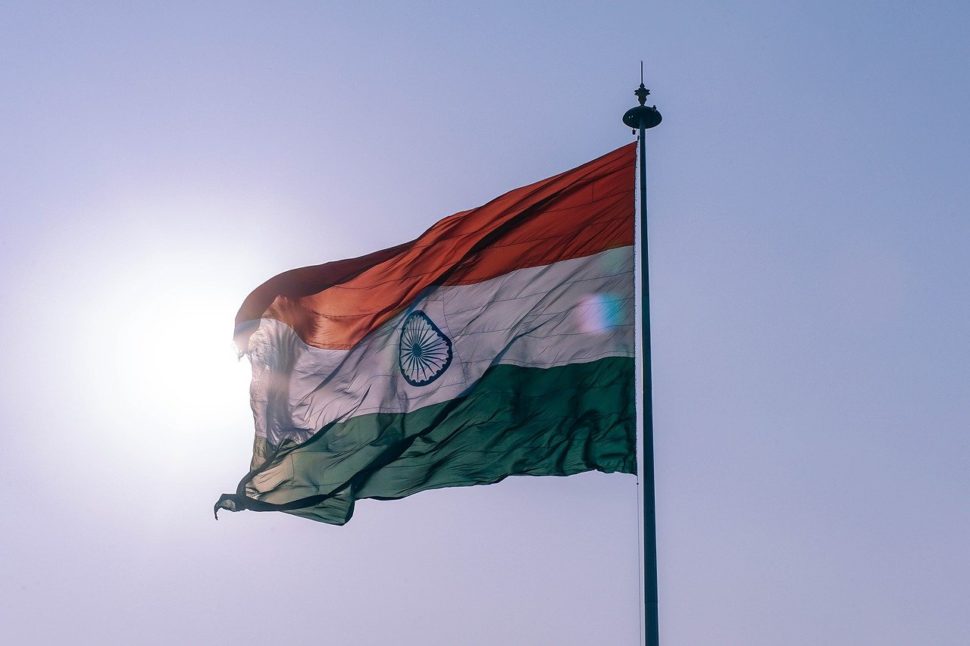Flipkart, the Indian e-retailer, announced it had acquired eBay India while raising $1.4 billion USD from Microsoft and Tencent. The move is a part of Flipkart’s strategy to keep up with the two e-commerce giants in the Indian market: Amazon and Alibaba.
As it stands now, China is the largest e-commerce market, followed by the U.S., but India is the fastest-growing online retail market. A study by of Forrester Research estimates that about one-fifth of global online retail sales will take place in Asia Pacific by 2021, with a sizeable share in India.
eBay formed an investment partnership with Flipkart to compete with Amazon in IndiaClick To TweeteBay Creates Investment Partnership with Flipkart
eBay has announced that it will invest $500 million USD to cede its activities in India (eBay.in) to Flipkart, the leading player in e-commerce in India and Amazon’s direct competitor.
Flipkart has also entered into the partnership to make eBay’s giant “stock” more accessible and to allow global buyers to have access to items offered for sale via Flipkart.
Other than eBay’s investment, Flipkart also raised $700 million USD from China’s Tencent, and another $200 million USD from Microsoft. The total $1.4 billion USD fundraiser is a record for an Indian tech company that pushes Flipkart’s value to $11.6 billion USD.
Reshaping the Indian e-Cosystem
After acquiring rivals Myntra for $300 million USD and Jabong for $70 million USD and Flipkart’s deal with eBay, Flipkart would be able to counter the other two major e-retailers in India, Amazon and Alibaba, and continue to foster its leader position in the Indian e-commerce market.
Founded in 2007, Flipkart faces tough competition, especially from Amazon, which intends to invest heavily in India. In addition to the $2 billion USD invested by Amazon in 2014, last year, Jeff Bezos announced a massive investment plan of $3 billion USD in India.
For its part, Alibaba, which is active in pushing its presence beyond China, naturally sets its focus on the growing Indian market. Last month, Alibaba, through its payment affiliate Alipay, will invest about $177 million USD in the Indian PayTM, of which it will hold a 40% stake.
India–with an online sales forecast to reach $64 billion USD by 2021 according to Forrester–is already an attractive marketplace for major brands all over the world.
After China, it is next India that will surpass the United States in the number of active Internet users. According to a report by the United Nations Commission on Digital Development, India, with 333 million users, is now the second-largest Internet market by the number of users after China (721 million) and before the US (300 million).



















Very interesting, your site has very good information. lol.Thanks
https://impressyourpicture.com
Very interesting, your site has very good information. lol.Thanks
a href=https://impressyourpicture.com/mobile phone covers title=Wooden key Wooden key/a
On behalf of Janta Haat I want to say that this article is very informative.Thank you